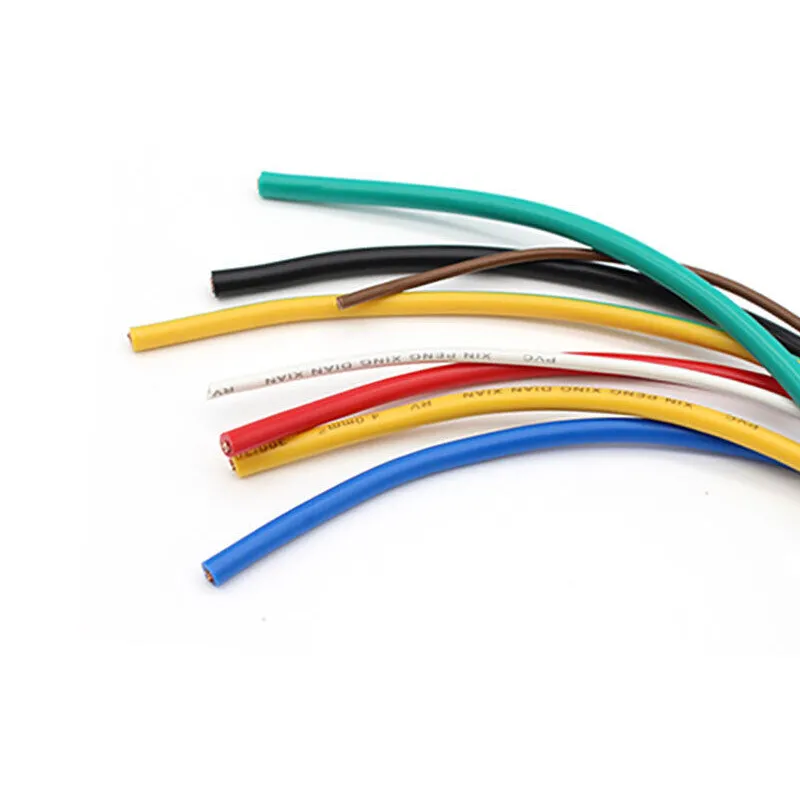
Leading Manufacturer of High-Quality Mineral Insulated Wires for Various Applications
The Importance of Mineral Insulated Wire A Look at Manufacturers and Applications
Mineral insulated wire is a crucial component in many industries, offering a unique blend of safety, reliability, and performance. As technology continues to evolve, the demand for high-quality mineral insulated wire has surged, prompting a rise in manufacturers dedicated to producing this essential product. In this article, we delve into the significance of mineral insulated wire, the manufacturing process, and its various applications.
What is Mineral Insulated Wire?
Mineral insulated wire, often abbreviated as MI wire, consists of conductors that are insulated by a mineral-based material, typically magnesium oxide. This construction provides numerous advantages over traditional insulated wires, particularly in high-temperature and hazardous environments. The inherent properties of mineral insulation make it non-combustible, moisture-resistant, and highly durable, allowing it to withstand extreme conditions without compromising performance.
Key Benefits of Mineral Insulated Wire
1. Safety One of the most notable benefits of mineral insulated wire is its superior safety profile. The non-combustible nature of the materials used in its construction prevents the risk of fire spreading through the wiring, making it ideal for use in critical safety environments such as nuclear power plants, oil rigs, and tunnels.
2. Durability Mineral insulated wire is extremely durable. It is resistant to physical damage, moisture, and various chemicals, making it suitable for both indoor and outdoor installations. This durability translates to a longer life span and reduced maintenance costs.
3. High-Temperature Tolerance MI wire can operate effectively at high temperatures, often exceeding 1000°C (1832°F). This characteristic makes it essential in industries where heat resistance is a requirement, such as in industrial furnaces and petrochemical processes.
4. Electromagnetic Interference Resistance The construction of mineral insulated wire significantly reduces the impact of electromagnetic interference (EMI), ensuring stable and reliable signal transmission. This is particularly important in sensitive applications within telecommunications and data centers.
The Manufacturing Process
The manufacturing of mineral insulated wire involves several intricate steps, beginning with the selection of high-quality copper or aluminum conductors. These conductors are then surrounded by a layer of magnesium oxide powder, which is tightly packed to eliminate air gaps. This process is often followed by the application of a protective outer sheath, commonly made from stainless steel, to enhance durability and offer additional protection against environmental factors.
mineral insulated wire manufacturer

Leading manufacturers employ advanced technologies and stringent quality control measures to ensure that each batch of mineral insulated wire meets industry standards
. Certifications from recognized bodies, such as UL (Underwriters Laboratories) and IEC (International Electrotechnical Commission), are essential to validate the quality and safety of the product.Applications of Mineral Insulated Wire
The applications of mineral insulated wire span a wide range of industries, including
1. Power Generation MI wire is widely used in power plants and energy production facilities, particularly in environments exposed to extreme temperatures.
2. Oil and Gas The oil and gas industry frequently utilizes mineral insulated wire for drilling operations and exploration activities, where both high heat and the potential for hazardous spills are commonplace.
3. Transportation In the transport sector, including railways and highways, MI wire is often employed for signaling systems, ensuring reliability even in adverse conditions.
4. Building and Construction Mineral insulated wire is an excellent choice for fire safety systems in buildings, including smoke detectors and alarm systems, due to its fire-resistant properties.
5. Industrial Applications Various manufacturing and industrial processes require robust wiring solutions that can withstand challenging conditions, making MI wire a preferred choice.
Conclusion
As industries continue to prioritize safety, durability, and performance, the significance of mineral insulated wire becomes increasingly clear. Manufacturers dedicated to producing high-quality MI wire play a pivotal role in meeting this demand across various sectors. The unique properties of mineral insulated wire not only enhance operational efficiency but also protect lives and assets. Understanding the benefits and applications of this technology is crucial for industry stakeholders aiming to implement the safest and most reliable wiring solutions. Whether in power generation, oil and gas, or infrastructure development, mineral insulated wire is set to remain a cornerstone of modern engineering and safety practices.
-
The Quantum Leap of XLPE Cable in Power DistributionNewsMay.29,2025
-
Mastering the Essentials of Building WireNewsMay.29,2025
-
Innovative Horizons of Rubber Trailing CablesNewsMay.29,2025
-
Exploring the Versatile World of Rubber CablesNewsMay.29,2025
-
Decoding the Mysteries of Building CablesNewsMay.29,2025
-
Advancements Redefining Control Cable TechnologyNewsMay.29,2025
-
Why It's Time to Replace Old Rubber CablesNewsMay.28,2025














